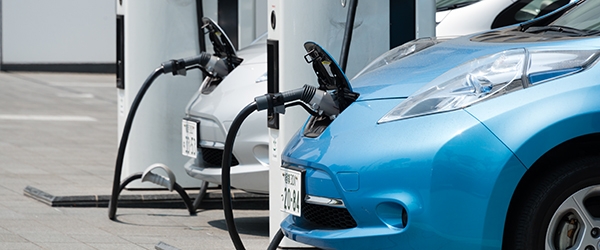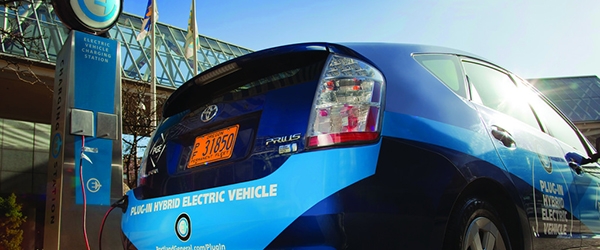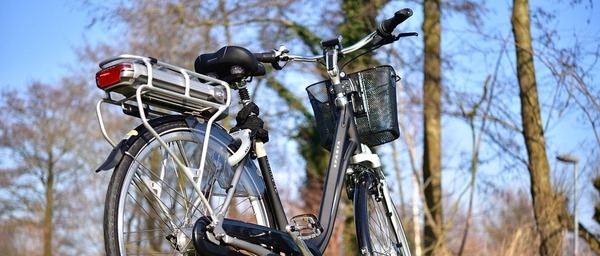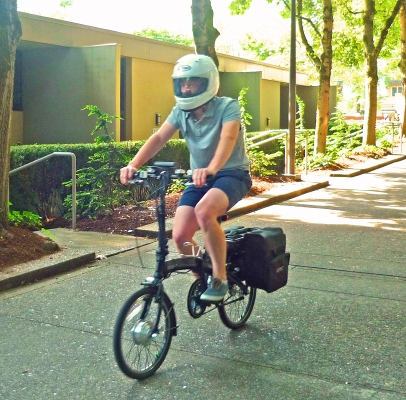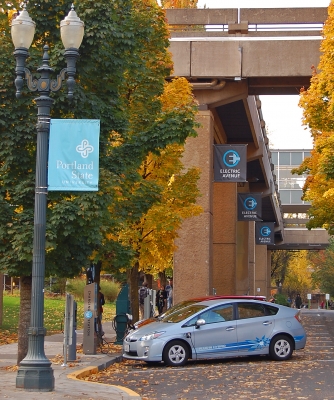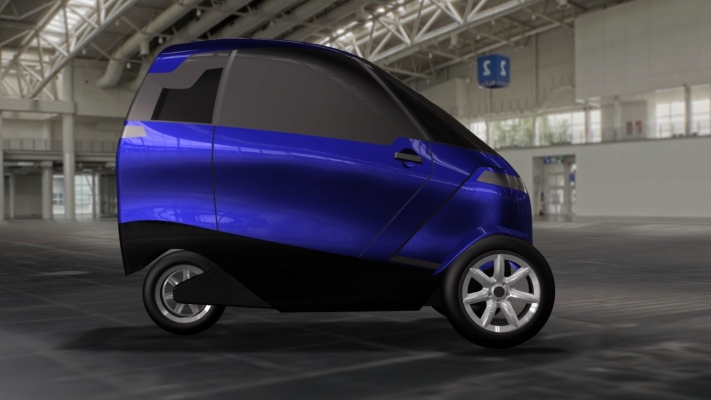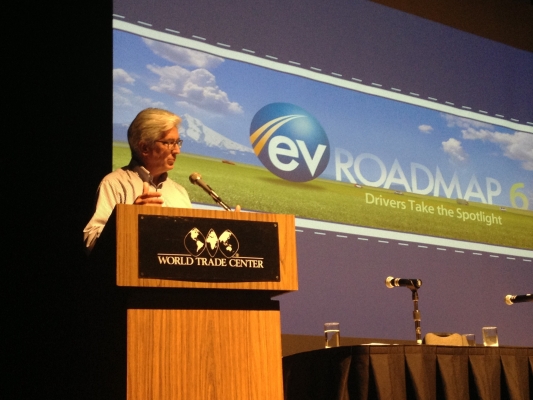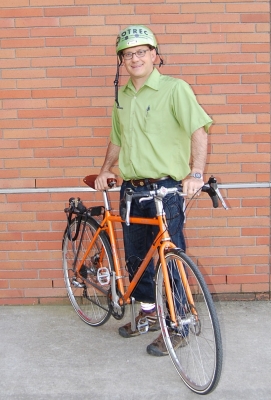In 2009, researchers at the Massachusetts Institute of Technology (MIT) developed the Copenhagen Wheel, a device that converts an ordinary bicycle into a hybrid e-bike.
An e-bike is considered a motorized bicycle under Massachusetts law. This means that once the 13-pound, 26-inch Copenhagen Wheel is attached to the rear wheel of a bicycle, the resulting vehicle requires a driver’s license to operate, must be registered with the DMV, and its rider must wear, not just a bike helmet, but a motorcycle helmet to be in compliance with the law.
Electric bicycles, or e-bikes, are well established in China and other Asian and European countries but market adoption has been slow in the United States.
Part of the reason could be that the law is often nebulous where e-bikes are concerned.
NITC researchers at Portland State University conducted a policy review revealing the current state of legislation regarding e-bikes in the United States and Canada.
The report, Regulations of E-Bikes in North America, provides a summary of legal definitions and requirements surrounding the use of electric-assist bicycles in each of the 50 states, Washington D.C. and 13 Canadian provinces.
No two jurisdictions are exactly alike in their legal treatment of this relatively new mode...
Read more
